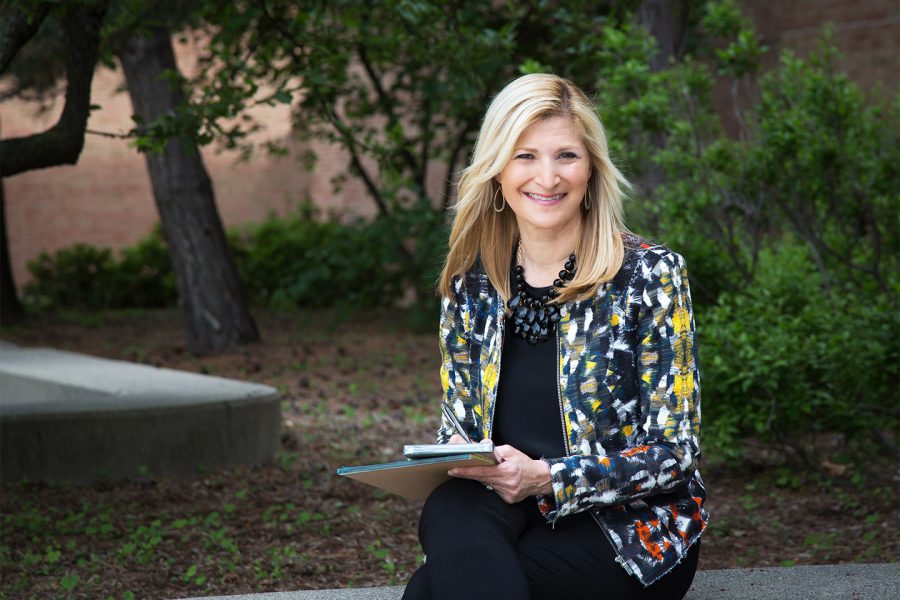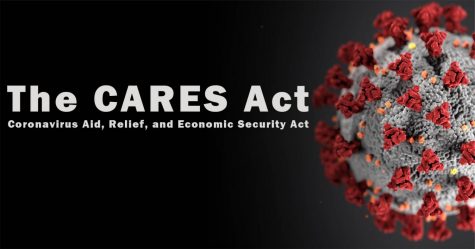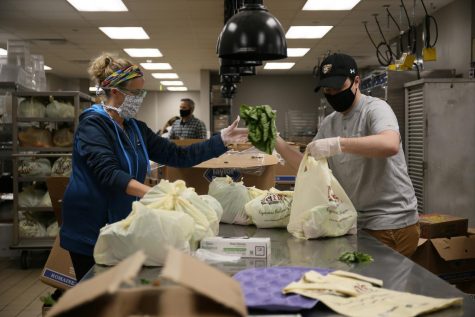Don’t let quarantine kill your relationship
Courtesy of Oakland University
Terri Orbuch
As the virus keeps us indoors, cabin fever can drive a wedge into even the most loving relationships. Thankfully, your relationship does not need to die in quarantine.
Terri Orbuch is a professor of sociology at Oakland University specializing in interpersonal relationships, marriage and divorce, and relationship maintenance. With the COVID-19 quarantine’s social distancing plunging relationships everywhere into uncharted territory, Orbuch has a few strategies that can help partners maintain — and maybe even improve — their relationships.
No matter if you live with your partner or are states away, each person in a relationship must take care of themselves.
“The first thing I always recommend is something to do individually,” Orbuch said. “I think it is really important in any relationship or any couple that you make sure as an individual that you are happy and healthy and that you are doing things like self-care techniques for yourself.”
While everyone has unique needs, an important part of self-care is getting a good seven to nine hours of sleep each night. Some form of exercise from going on walks to intensive workout routines and eating healthy is encouraged.
Once individual care is focused on, keeping relationships together relies on socializing. This means that a separated relationship can stay in touch with virtual dates.
“Virtual dates are wonderful,” Orbuch said. “I recommend video, but if you cannot [use video], audio is fine.”
Virtual dates can be based around any number of things, such as simultaneously making a meal, playing board games, working on a puzzle or just talking over a meal. Doing an online workout together is another idea that can help relationships beyond just being social and exercising.
“When you exercise with your partner it could actually increase your passion and excitement within your relationship,” Orbuch said. “That is because what we know is the arousal that is produced through exercise in each partner’s individual body … can actually get transferred to your partner.”
When talking with your partner(s), Orbuch suggests one way this time can be used to get to know each other better — or even get to know each other all over again.
“The notion is that you want to get to know that other person, so you want to ask them questions about what makes them tick,” she said. “What are their passions? Their goals?”
The questions asked can range from creating intimacy to more trivial things like their ideal superpower or dream job.
Relationships located under one roof have their own unique challenges. While self-care and having dates still apply, partners must be ready to help each other through this tough time. Laughing together helps with reducing stress, but partners must also be open to discussing their fears and anxieties.
One way fears can be discussed without them consuming the whole relationship is by designating some time to talk about fears, like over dinner or during a relationship meeting.
Partners must also understand that while being together can help, people also need to have some time to themselves.
“There is nothing wrong with wanting a little alone time,” Orbuch said. “Now partners are at home 24/7 … It is very different from what it used to be where you had time alone and apart and you did your own interests and activities … It is important to say to your partner, ‘Can I have a few hours this afternoon to do X?,’ whatever X may be.”
COVID-19 has obliterated daily life for many people and made traditional relationship activities like going on a dinner date nearly impossible. But with the advice of Orbuch, you — and your relationship — might see this through to the end.
“It is possible to keep your relationship alive,” Orbuch said. “I want to emphatically say that in these times of quarantining and social distancing and COVID-19 that you can still maintain your relationship.”











